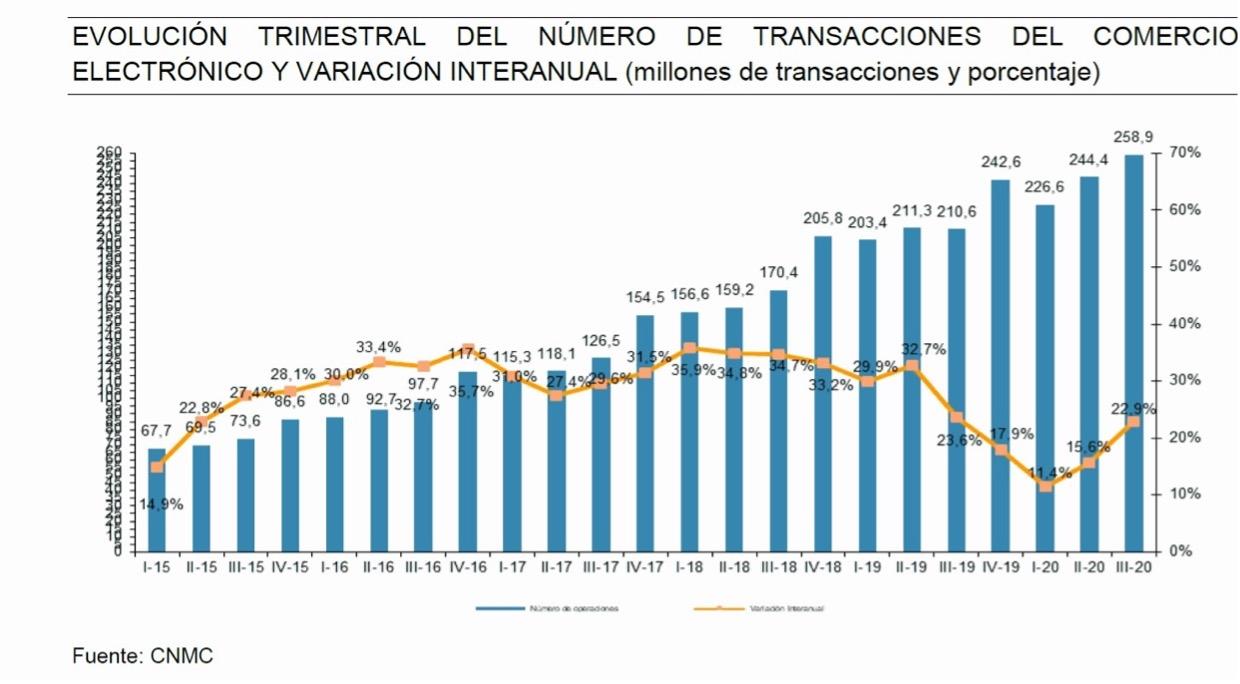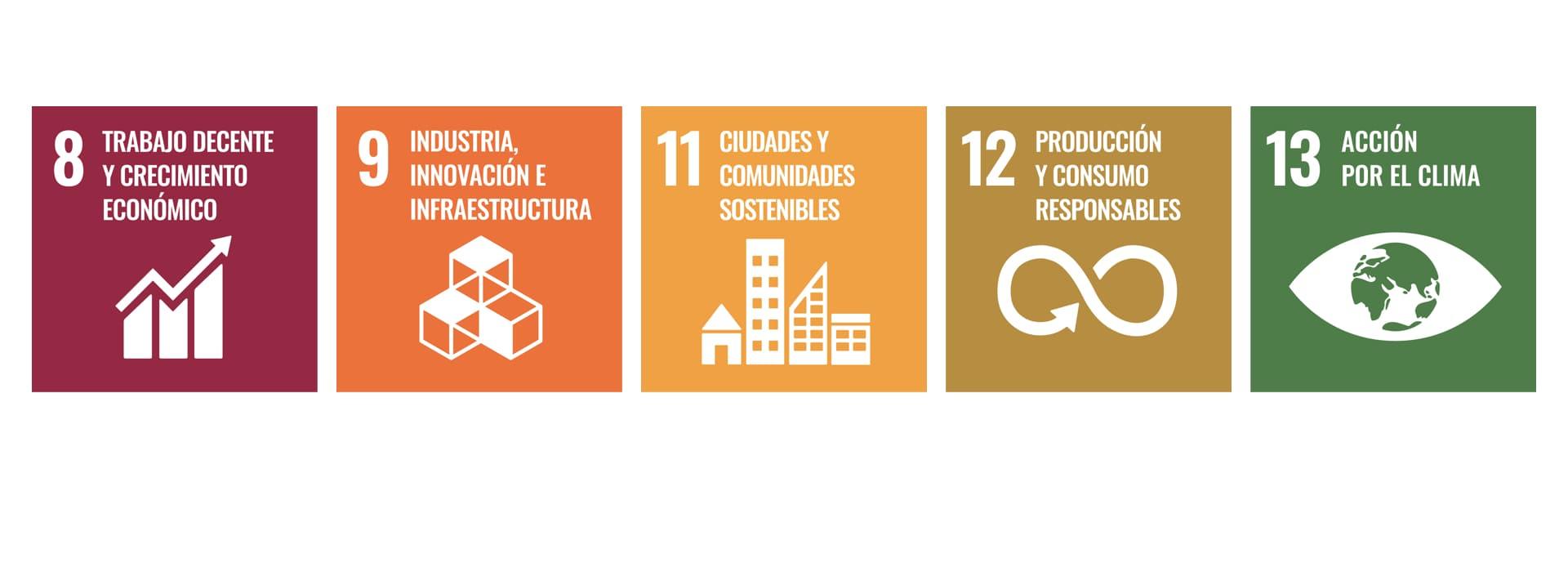Why is the current e-commerce model no longer sustainable?
1 Junio - 2021
Oriol Montanyà
Director of Sustainability Observatory
Director of Postgraduate Course in Total Supply Chain Management
__
The world is witnessing how the distribution of freight is gaining presence and relevance, as the evolution of consumer habits, together with technological advances, have led to e-commerce registering double-digit year-on-year growth over the last few years. This trend has remained unaffected since the start of the COVID-19 pandemic, as despite a significant drop in the number of digital transactions associated with leisure, there has also been a large increase in e-sales in more traditional sectors (such as food or textiles), which are the ones that move the most volume and generate more impact.
Evolution of consumer habits and technological advances have led to double-digit year-on-year growth in e-commerce over the last few years
Consumers are becoming more and more demanding, especially regarding product availability and immediacy requirements. These demands are also driven by the competitive dynamics of the major e-commerce players, who have embarked on a relentless struggle to deliver faster and cheaper. As a result, supply chains are being stretched to the limit, especially in urban areas, where the most visible effects of the so-called “last mile” are concentrated. The first to say what many companies in the sector think, but do not voice, was Juan Manuel Serrando, CEO of Correos, when he remarked that the current e-commerce model is completely unsustainable.

Threefold sustainability
US professors Craig Carter and Dale Rogers, specialists in supply chain analysis, warned as early as 2008 that any logistics process with the aim of lasting should be designed using the parameters of threefold sustainability:
- Environmental Sustainability: understood as the commitments implicit in any purpose to respect and conserve the natural environment
- Social Sustainability: referring to the well-being of people who are directly or indirectly affected by the consequences of an activity.
- Economic Sustainability: based on the conviction that business profitability is an essential source of value
From an environmental point of view, urban distribution of freight involves the challenges of shipping, which already consumes up to a third of total energy and releases a quarter of greenhouse gases (GHG) in the European Union.
The draft Spanish Law on Climate Change and Ecological Transition, approved on 8 April 2021, in the House of Representatives, aims for Spain to achieve climate neutrality by 2050. In other words, the balance between GHGs emitted and those captured by green areas and other sinks should be zero. In the short term, the regulation establishes that GHG emissions must be reduced by 23% by 2030 compared to 1990, and insists on the use of renewable energies and zeroemission mobility
Air pollution and harmful noise levels from transport-related activities already affect more than 100 million people in large European cities
On a social level, transport-related activities have direct effects on citizens’ health, not only due to air pollution, but also because of harmful noise levels that already affect more than 100 million people in large European cities. The social challenges arising from the dignity of the so-called “riders” deserve special mention, since countries such as Spain and Italy have had to pass recent laws to regulate their working conditions.
At the same time, the rise of e-commerce means that urban distribution of freight also faces challenges associated with the profitability of supply chains. In addition to traditional business-to-business (B2B) commercial relationships, transactions that want to reach the final consumer directly through digital channels (B2C) have been added with force. This new reality makes it possible to expand the target market for many companies, but with an increase in logistics costs of up to 40%, putting the solvency of the business at risk.
Defining a sustainable urban distribution of freight
To achieve sustainable urban distribution of freight (SUDF) it is necessary to address its logistics dimension and design an effective and efficient supply chain, capable of adapting to the time and volume requirements of each business. Despite its complexity, efficient processes can be established, from which it is possible to serve commercial establishments to get directly to the customer’s home through solutions such as urban hubs and collection points. Well-defined and well-executed logistics models lead to economic savings of up to 46%.
Natural gas-powered trucks for medium distance, electric vans for the “last mile” and even non-powered vehicles for the “last yard” are making inroads
Another dimension directly involved in SUDF is the technical dimension, especially the type of vehicle involved in the operation. International best practices are clearly supporting efficient and less polluting transport, looking for alternatives to diesel and oil. Natural gas-powered trucks for medium distance, electric vans for the “last mile” and even non-powered vehicles for the “last yard” are making inroads. If these solutions are combined with good technical maintenance of the engines, the decrease in greenhouse gas emissions could amount to up to 50% and the reduction of emissions with an impact on human health could reach up to 90%.
Urban planning is also key for the elements that define the organization and mobility of cities and which set the framework of possibilities for increasing the sustainability of the distribution of freight. The success stories incorporate legislative aspects, such as regulating the access of freight vehicles to urban centres, and infrastructures that facilitate their distribution, like new freight loading and unloading areas. Successful urban planning models require cooperation between urban planners, transport companies, retailers, and public administrations.

